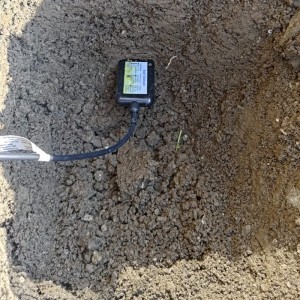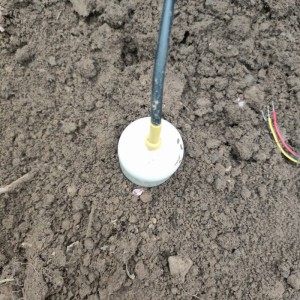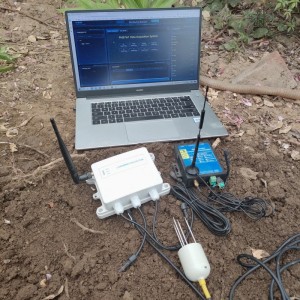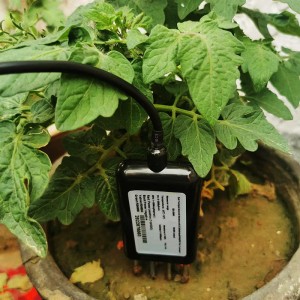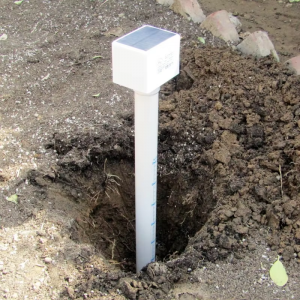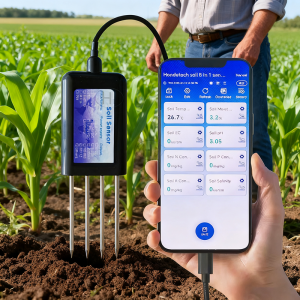Soil sensors have been successfully deployed in several major agricultural areas in Macedonia, providing local farmers with precise soil monitoring data and facilitating scientific management of agricultural production.
Precise monitoring solves irrigation problems
Soil sensors can monitor soil moisture, temperature, electrical conductivity and the content of key nutrients in real time. These data provide Macedonian farmers with a scientific basis for irrigation decisions. In the renowned Priep totobacco growing area, sensor data indicates that there is an issue of excessive irrigation in local farmlands. Through precise regulation, farmers have successfully reduced irrigation water usage by 30%.
“Previously, we relied on experience to determine the timing of irrigation. Now, with the real-time data provided by sensors, irrigation is more precise and efficient,” said a local farmer. “This not only saves precious water resources but also increases crop yields and quality.”
A variety of crops have benefited significantly
In the Tikweis region, the largest grape-growing area in Macedonia, soil sensors are playing a significant role. Grape growers use sensors to monitor changes in soil moisture, accurately grasping the timing of irrigation, which has increased the sugar content of grapes by 15% and significantly improved the quality of the fruits.
In the vegetable planting bases around Skopje, sensors have helped farmers optimize their fertilization plans. Based on the soil nutrient data provided by the sensors, we can precisely adjust the fertilizer ratio, which not only saves costs but also increases vegetable yields, “the person in charge of the base introduced.
Intelligent solutions for addressing climate change
Officials from the Macedonian agricultural department said that the introduction of soil sensors is timely. With climate change leading to unstable rainfall patterns, traditional agriculture is facing severe challenges. “These smart devices have helped us build a more resilient agricultural production system,” the official commented.
In the wheat-growing area of the Valdar Valley, farmers have utilized sensor data to optimize the timing of sowing and irrigation, successfully dealing with the abnormal drought this spring and ensuring a stable grain output.
Technological innovation has been recognized by experts
Agricultural experts have highly praised the application effect of soil sensors. “The data provided by these devices is not only accurate, but more importantly, it can be intelligently analyzed through the cloud platform to offer farmers actionable planting suggestions,” said a professor from the Macedonian University of Agriculture.
Future Outlook
With the success of the pilot project, the Macedonian government is considering promoting this technology nationwide. Officials from the rural development department disclosed that they plan to establish an intelligent agricultural monitoring network based on soil sensors in major agricultural areas within the next three years.
Industry observers believe that the successful application of soil sensors in Macedonia has provided a model for the development of precision agriculture in the Balkans. As more farmers experience the benefits brought by digital agricultural technology, this innovative solution is expected to be more widely promoted throughout the region.
For more soil sensor information, please contact Honde Technology Co., LTD.
WhatsApp: +86-15210548582
Email: info@hondetech.com
Company website: www.hondetechco.com
Post time: Oct-23-2025


